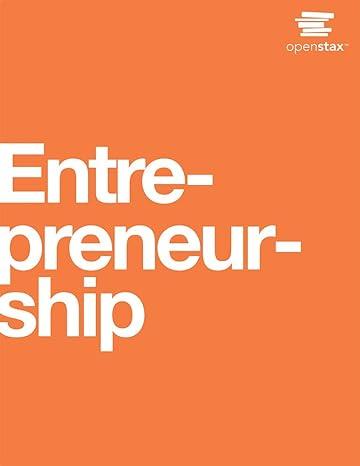Zappos is sometimes cited as an example of the leanest of lean startups conducting the build-measure-learn process
Question:
Zappos is sometimes cited as an example of the leanest of lean startups conducting the build-measure-learn process successfully. The company started with no inventory and instead started taking orders to ship shoes to customers who ordered online. They let the market pull the inventory needs out of their startup rather than buying a store of shoes and hoping to sell them all. Their inventory was their local shoe stores. They started out buying their inventory at retail price and then marking up a surcharge for the service of seeking, sorting, and shipping.
There may not be many pairs of shoes worth more than retail price, but people were willing to pay for convenience, and Zappos could measure popular sizes, brands, and trends in ways that would help them anticipate inventory needs as they grew.
A. In what ways is the Zappos lean startup story about feedback?
B. Ideate a potential startup, besides a food delivery service, built around efficiently or conveniently packing and shipping something others have already made.
C. Ideate a potential startup where you could conceivably earn revenues even when buying your inventory at retail price. What makes you think some online customers would pay a premium? What kind of business learning would you have to do to improve on the Zappos lean startup model?
D. As soon as a retailer or other service provider notices that a startup is making a profit adding convenience to their existing business infrastructure, what is to keep them from entering the marketplace? Are there any protections for the service you propose? How might you protect such a business?
Step by Step Answer:






